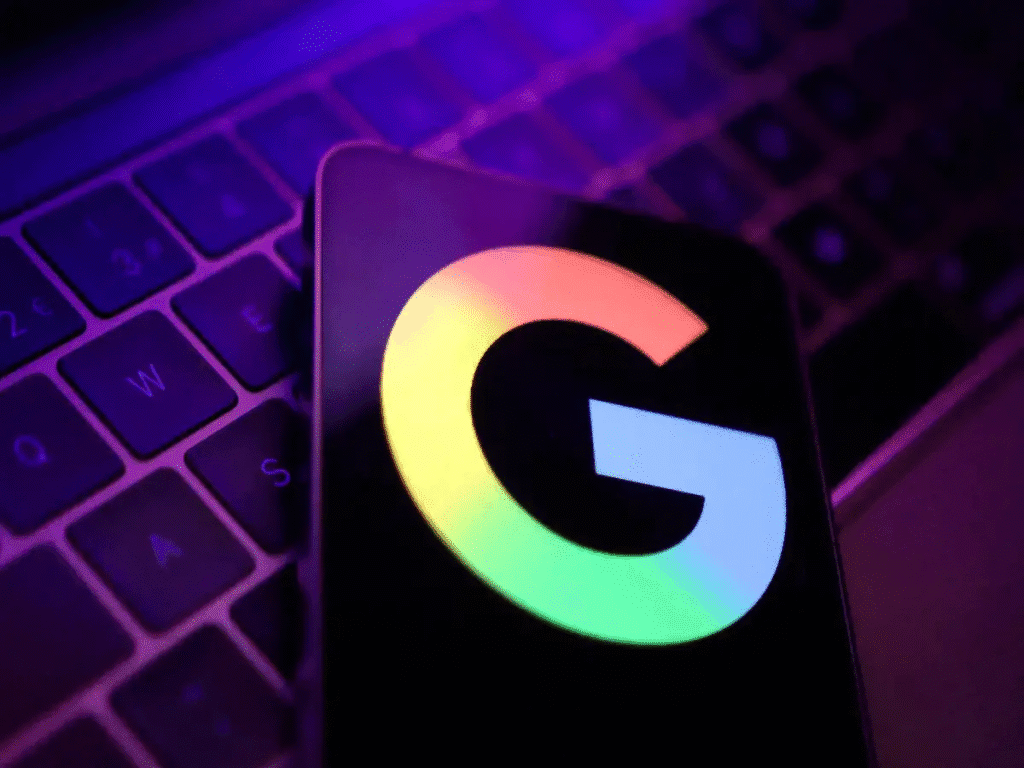The highly anticipated $3 billion acquisition of Windsurf AI, the breakout coding-focused AI startup, by OpenAI has officially collapsed, according to a report by The Verge.
In a surprising twist, Google DeepMind has moved quickly to absorb the talent behind Windsurf AI. The company has hired CEO Varun Mohan, co-founder Douglas Chen, and several top researchers from the startup. Google confirmed the hires in a statement to TechCrunch, marking a major shift in the competitive AI landscape.
However, this isn’t a traditional acquisition. Google isn’t taking any equity in Windsurf AI or assuming ownership of its business. Instead, it has secured a nonexclusive license to key portions of Windsurf’s proprietary technology. This means Windsurf remains independent and can still license its tools to other companies.
According to Bloomberg, Google is investing $2.4 billion in the deal to license Windsurf’s technology and onboard its top talent, positioning DeepMind to further its ambitions in agentic coding—a growing frontier in AI development.
“We’re excited to welcome some top AI coding talent from Windsurf’s team to Google DeepMind to advance our work in agentic coding,” said Google spokesperson Chris Pappas.

This move highlights the rise of reverse-acquihires, where Big Tech firms scoop up a startup’s talent and tech without technically buying the company. Google previously struck a similar deal to bring back Character.AI’s CEO Noam Shazeer, and Microsoft hired Mustafa Suleyman under a comparable arrangement. These deals have proven to be an effective way for tech giants to strengthen their AI portfolios without triggering antitrust alarms.
In a joint statement, Mohan and Chen said:
“We are excited to be joining Google DeepMind along with some of the Windsurf team. We are proud of what Windsurf has built over the last four years and look forward to seeing the company thrive in its next chapter.”
As part of the transition, Windsurf’s head of business, Jeff Wang, has stepped up as interim CEO. He shared the news on social media, emphasizing that most of the company’s roughly 250 employees will remain at Windsurf and continue providing AI coding tools to enterprise customers.
The collapse of the OpenAI deal has reportedly fueled tensions between OpenAI and its biggest backer, Microsoft. While Microsoft already holds sweeping access to OpenAI’s intellectual property, OpenAI was reluctant to let Windsurf’s technology also end up under Microsoft’s influence, according to prior reporting by the Wall Street Journal.
Earlier Friday, Fortune revealed that the exclusivity window on OpenAI’s acquisition offer had lapsed, freeing Windsurf to explore other partnerships—and it didn’t take long for Google to step in.
Windsurf has been one of the hottest companies in AI coding, growing revenue at a blistering pace. In April, the startup’s annual recurring revenue reached about $100 million, up from $40 million just months earlier. That momentum drew in multiple suitors, including OpenAI and Google.
Bringing Mohan, Chen, and other Windsurf leaders into the fold could supercharge Google’s efforts to develop next-generation AI coding tools. In recent months, AI companies have increasingly bet on coding assistants to drive developer adoption and revenue. Anthropic’s Claude Code has fueled major growth, while OpenAI has continued to promote Codex to software engineers.
But for Windsurf, the future looks uncertain. Other AI startups that lost their founders to Big Tech—like Scale AI after its deal with Meta and Inflection following its pivot with Microsoft—have struggled to maintain their early momentum. Whether Windsurf can avoid a similar fate remains to be seen.
Also Read : X Faces New Challenges as Threads Closes the Gap and CEO Departs

